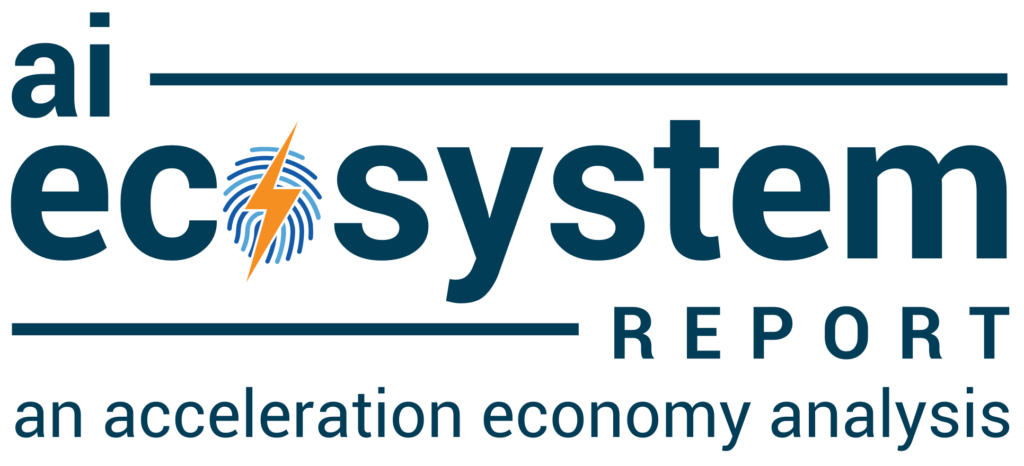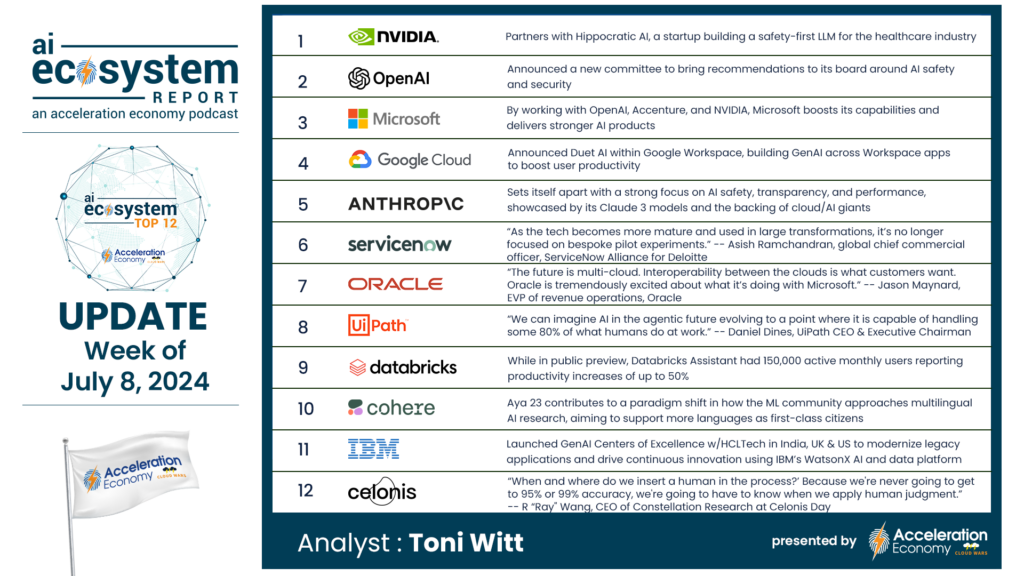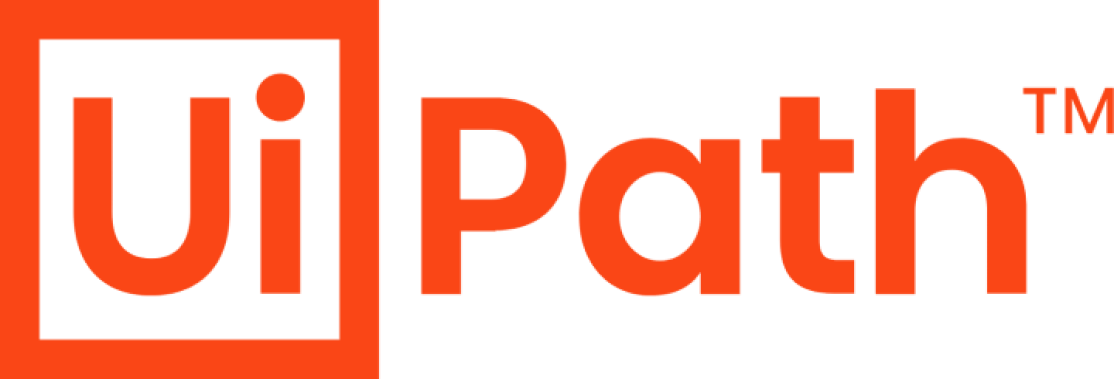
UiPath was a leader in AI-powered automation before the GenAI boom. However, the company quickly incorporated the latest developments into its product offering to capitalize on the power of the technology.
Now, the company has announced a series of new features that further integrate GenAI into the UiPath Business Automation Platform. In this analysis, I’ll run through those features and the impact that they could have on customers.
Expanded Autopilot Portfolio
UiPath showcased these latest developments at the recent UiPath on Tour London: AI at Work summit. At the top of the agenda was the launch of UiPath Autopilot for developers and testers.
UiPath Autopilot for developers leverages GenAI and natural language processing through UiPath Studio to expedite development time for novice and seasoned developers. The feature enables developers to translate text to automation workflows and describe expressions, using natural language; Autopilot will generate the workflows correctly, create code, and turn text, PDFs, or images into a functioning UiPath app.

UiPath Autopilot for testers is designed to speed up software testing. It uses GenAI to refine testing, generate step-by-step testing schedules, and use the tests to create code for automation. The feature analyzes testing requirements for quality and consistency, converts text to automated tests in UiPath Studio, and delivers insights so testers can continually improve procedures.
Beyond this, UiPath also announced a new plugin and integration with Copilot for Microsoft 365, currently in preview, that will enable users to implement UiPath automations directly within Microsoft Teams.
The company also revealed a series of enhancements to its intelligent document processing (IDP) capabilities. These include two specialized large language models, UiPath DocPath and CommPath, for out-of-the-box document processing, active learning for easy, no-code model training, and GenAI-powered document validation.
AI Building Blocks
UiPath’s GenAI capabilities are wide-ranging. They comprise what the company refers to as “AI-powered building blocks” for high-level automations and include content generation, filtering of personally identifiable information (PII), text summarization, translation, object detection, image classification, categorization, and named entity recognition.
UiPath already boasts a series of customer successes with its AI and GenAI capabilities. For example, the global financial firm Lazard used a combination of UiPath automation with GenAI to automate PIB (Public Information Book) reports. The GenAI layer enabled the company to summarize the content of the reports quickly and extract critical information for faster decision-making. Combined with UiPath’s automation capabilities, Lazard saw huge productivity gains and saved tens of millions of dollars.
In another example, a large pharma company used UiPath’s Retrieval Augmented Generation (RAG) capabilities to support a custom app that tackled the complexity of verifying plasma donations. Standard procedure documents typically number 1,000+ pages and finding specific information within these documents is incredibly time-consuming. With UiPath, agents are now directed to the exact PDF document required to answer a donor query, a step that is projected to save the company $43 million per year.
UiPath currently has 2,000 customers in public preview of AutoPilot who are collectively creating around 150,000 generations per week. Importantly, these generations have a 70%+ acceptance rate which, considering the breadth of the tasks that can be completed on the UiPath platform, is an impressive result.
Ask Cloud Wars AI Agent about this analysis











